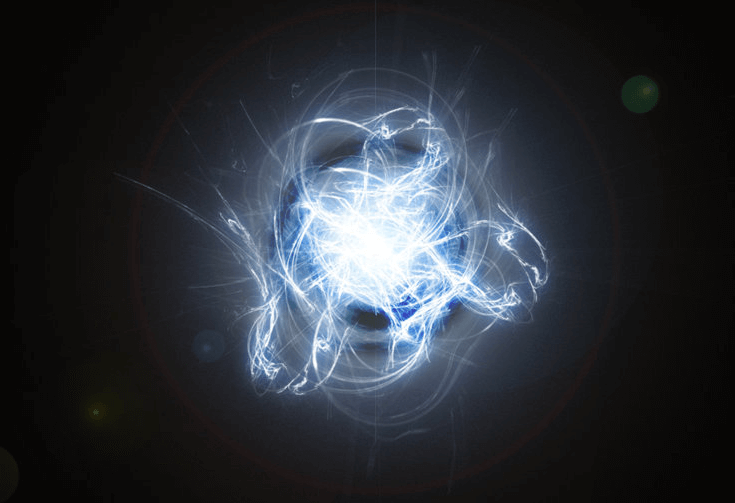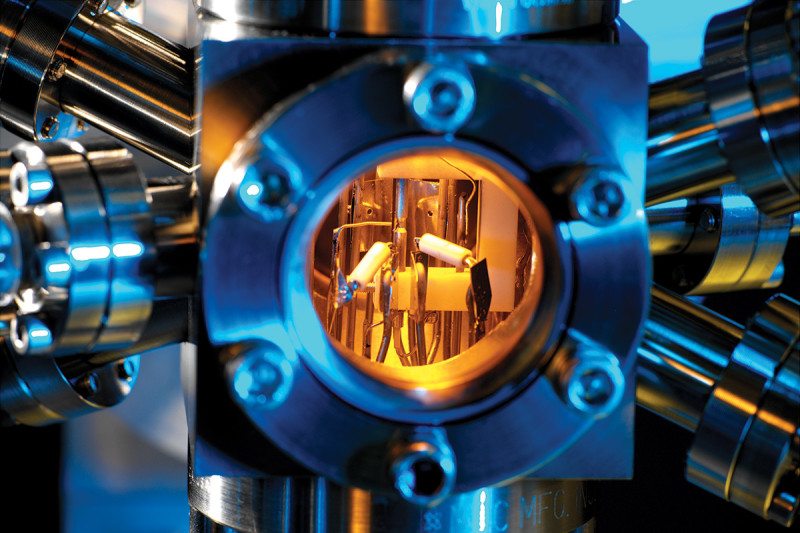Energy is all around us and plays a fundamental role in technology and physics too. Different types of energy exist too. For example, chemical energy that’s stored in gasoline is converted into kinetic energy that makes our vehicles move. Meanwhile, the electrical energy from power plants is transformed into heat, light, and other energy forms that we can use at home. The question is this, though: “Does pure energy actually exist?”
Energy takes on a range of forms, the most familiar being mass. Anything that exists in the Universe is made up of particles which have mass, and anything that has mass has energy. While these particles are on the move, they also have kinetic energy, which is the energy of motion. Particles make up everything. They can also join together to form a more complex structure including molecules, atoms, planets, and more. This energy is called binding energy, and it reduces the mass of the overall system. Another example of energy can be seen in the Sun itself. Both light and heat come from the Sun in the form of photons.
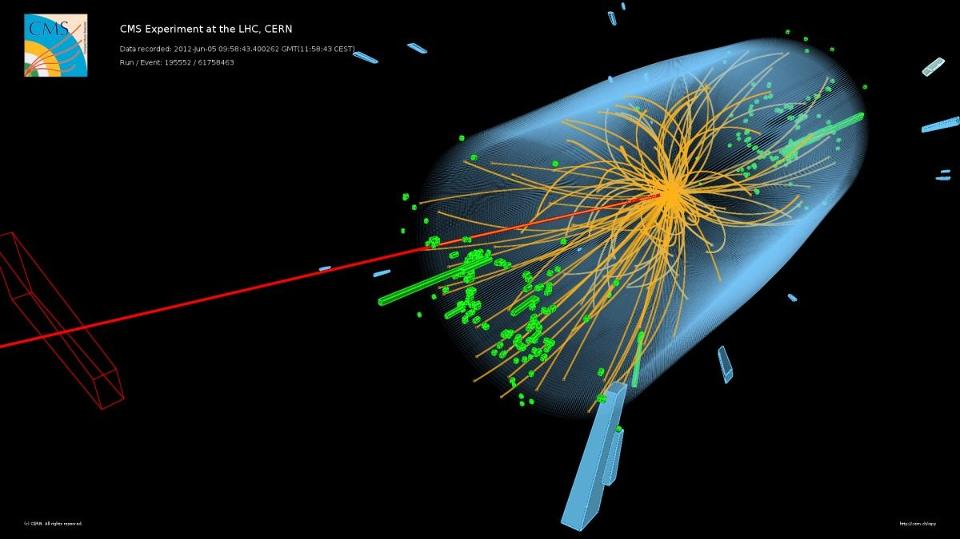
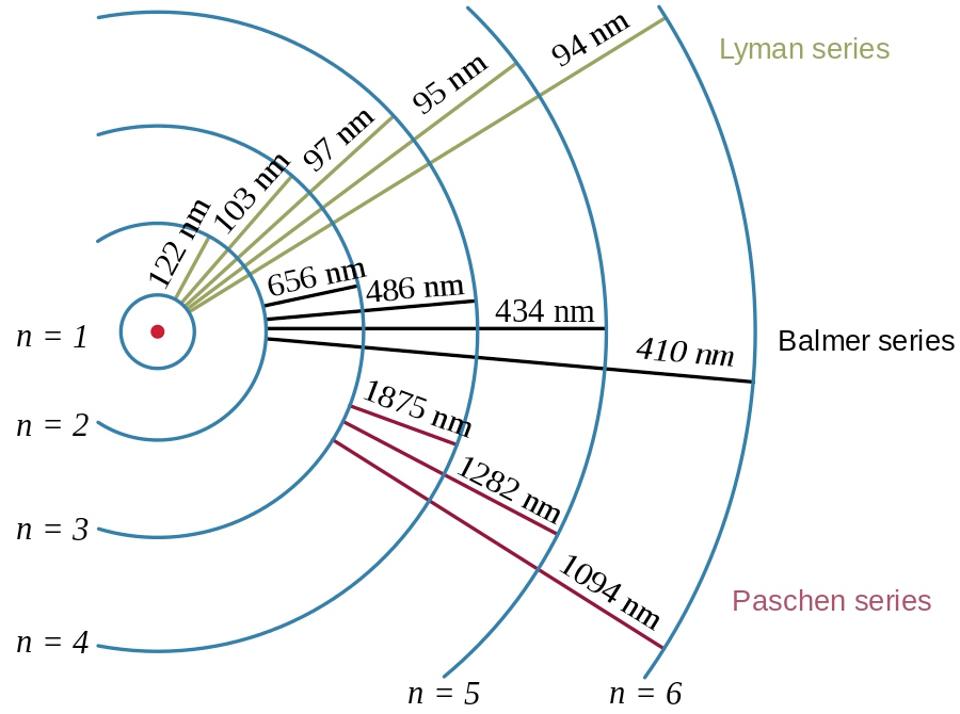
So, with all these different forms of energy taken into consideration, the question is now: Can energy itself exist independently? If there were some type of gravitational radiation, then maybe, but it would take gravitational waves to be true. And, in 2015, the first of these were detected using LIGO. Originally the two black holes that collided were 36 and 29 solar masses collectively, with a final merged mass of 62 solar masses. The missing three solar masses were the gravitational waves that were emitted.
Some forms of energy are fundamental such as a particle’s rest mass energy which doesn’t change over time or from particle to particle, but it’s unlike any other form of energy. An atom in an excited state will always have more energy than one in a ground state because of the difference in binding energy. Photon or kinetic energy is different to this in that its value is dependent on the motion of the observer opposed to being a fundamental value. A photon’s energy will increase as you get closer and decrease as you move away.
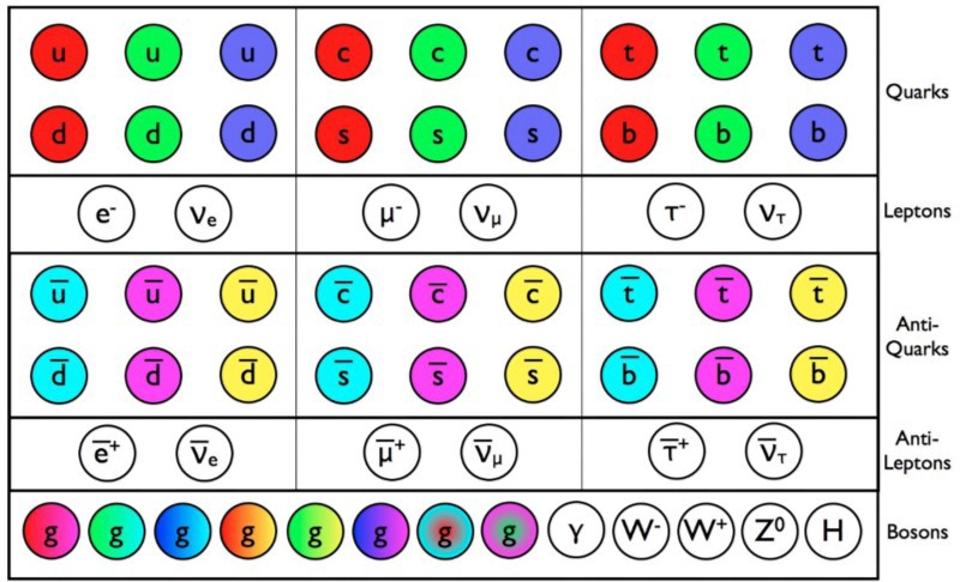
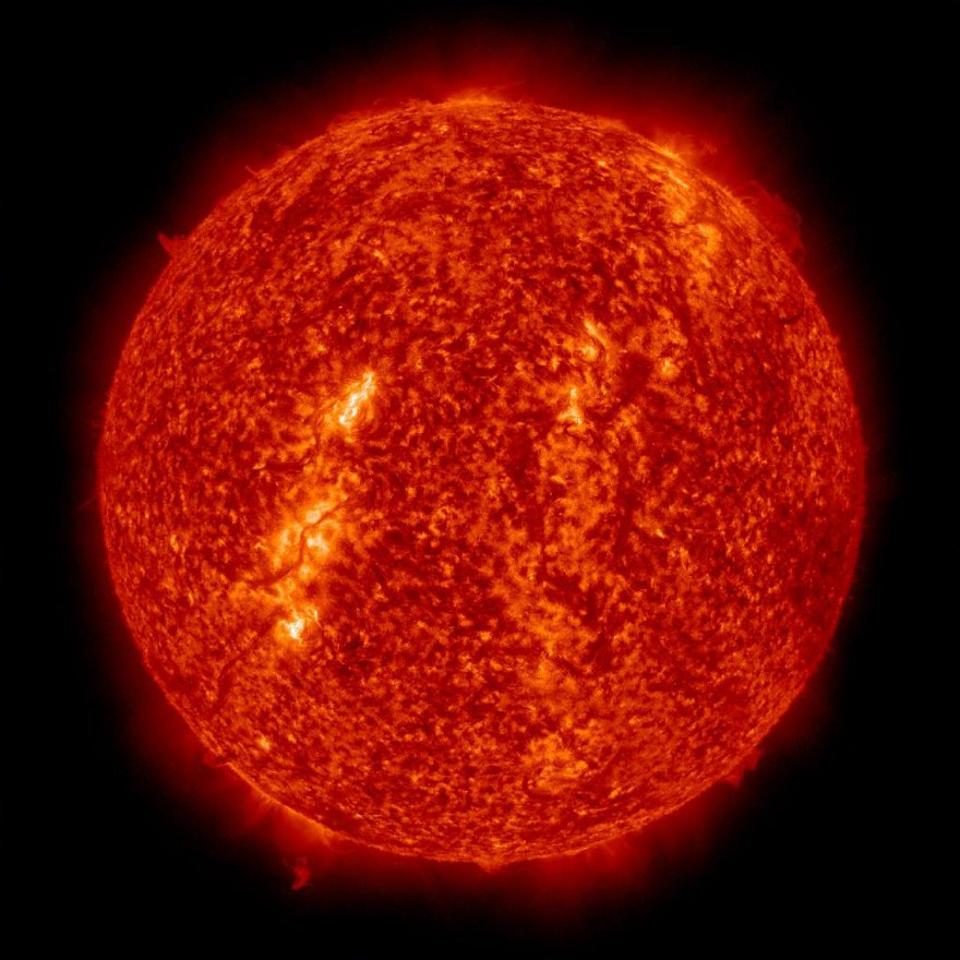
The one thing that stands out among all these different forms of energy is that it never exists on its own. Instead, it’s always included as a part of a system of particles. However, one exception to that rule is dark energy. This is the one form of energy that may not need a particle but is the one form that causes the Universe to expand as it does. So, to conclude whether or not pure energy does exist, the evidence is pretty stacked against it. The Universe itself may be able to create an energy independent of particles, but for us mere humans, there’s a long way to go before we can.
More News to Read

